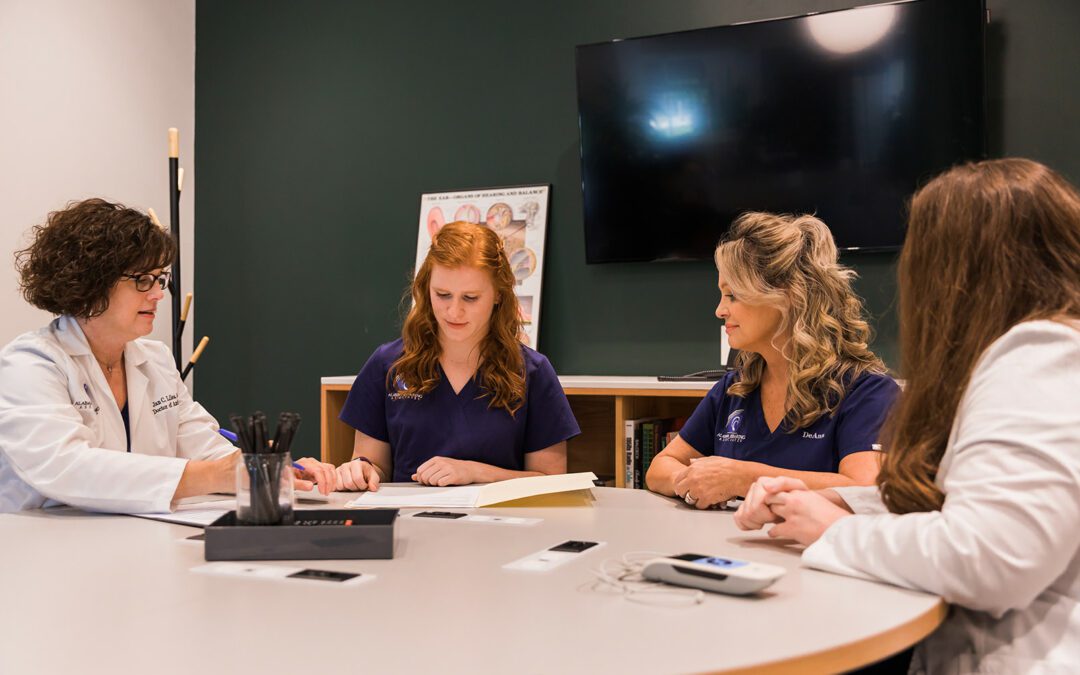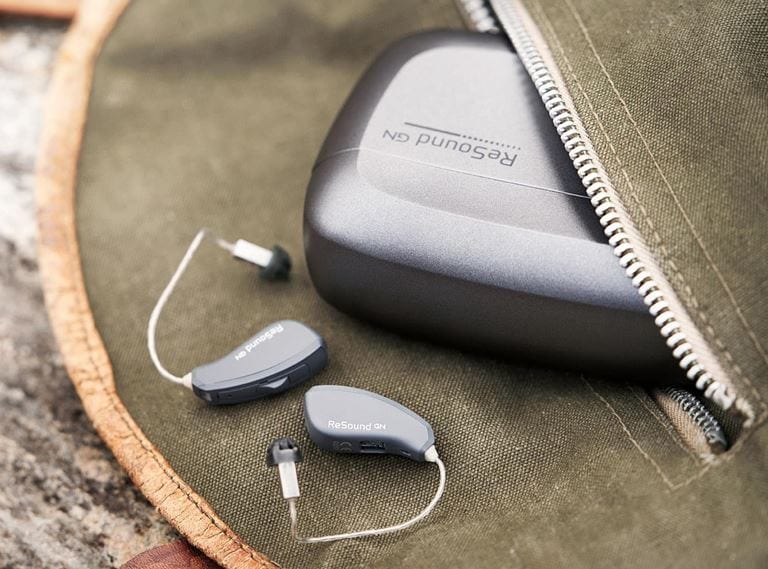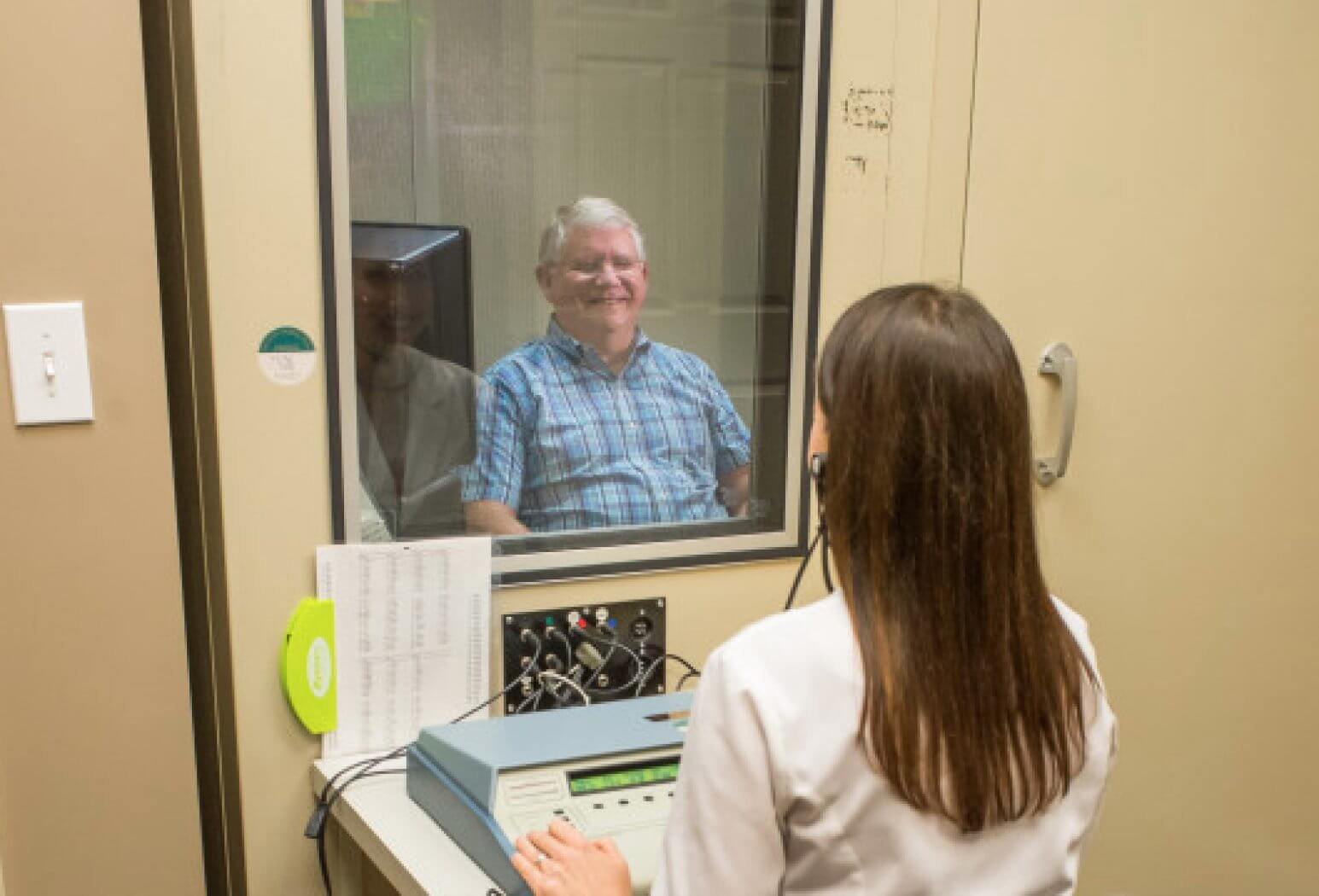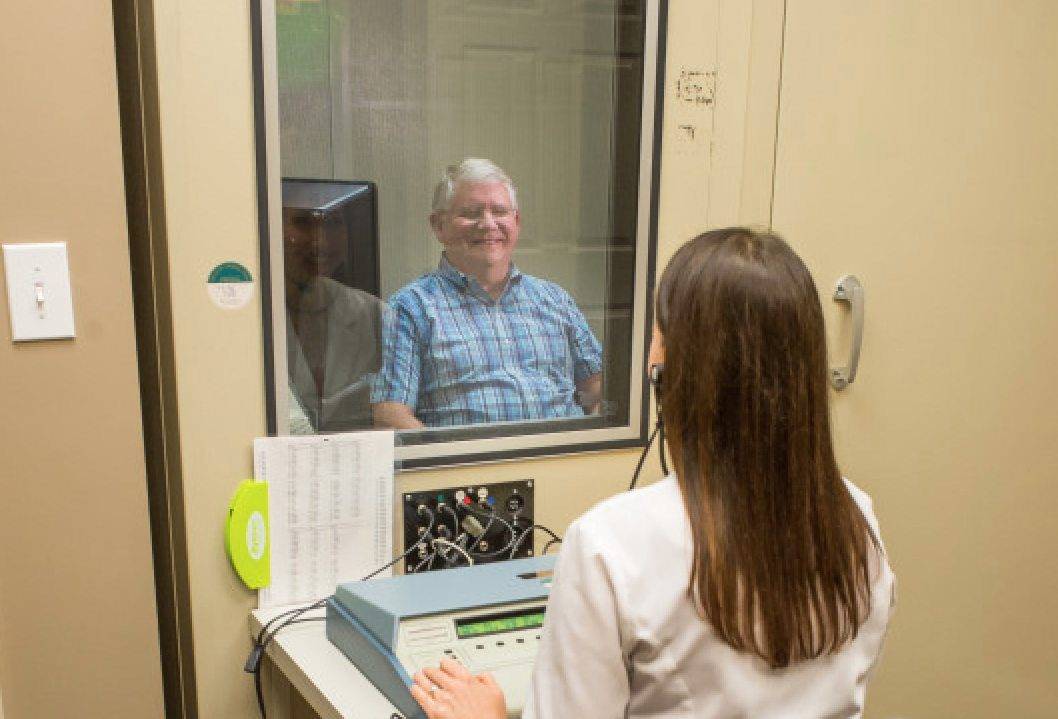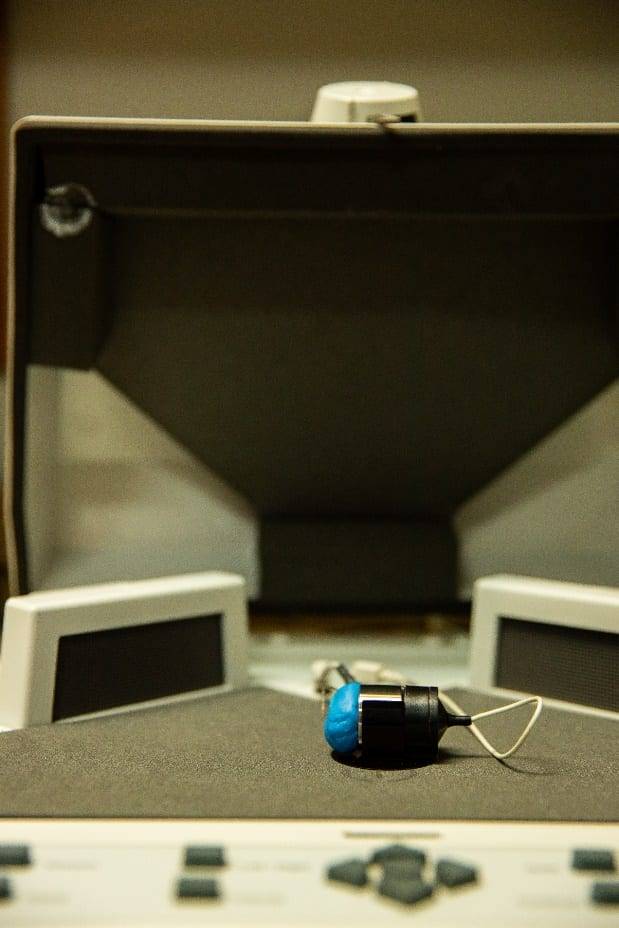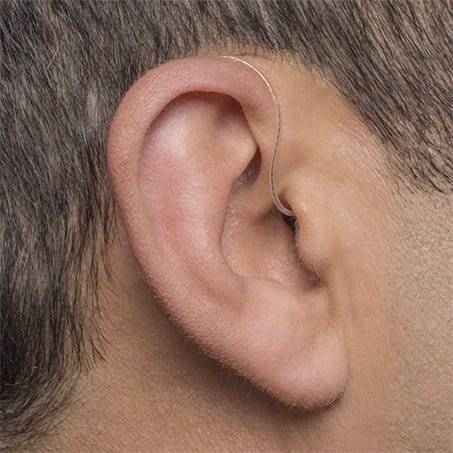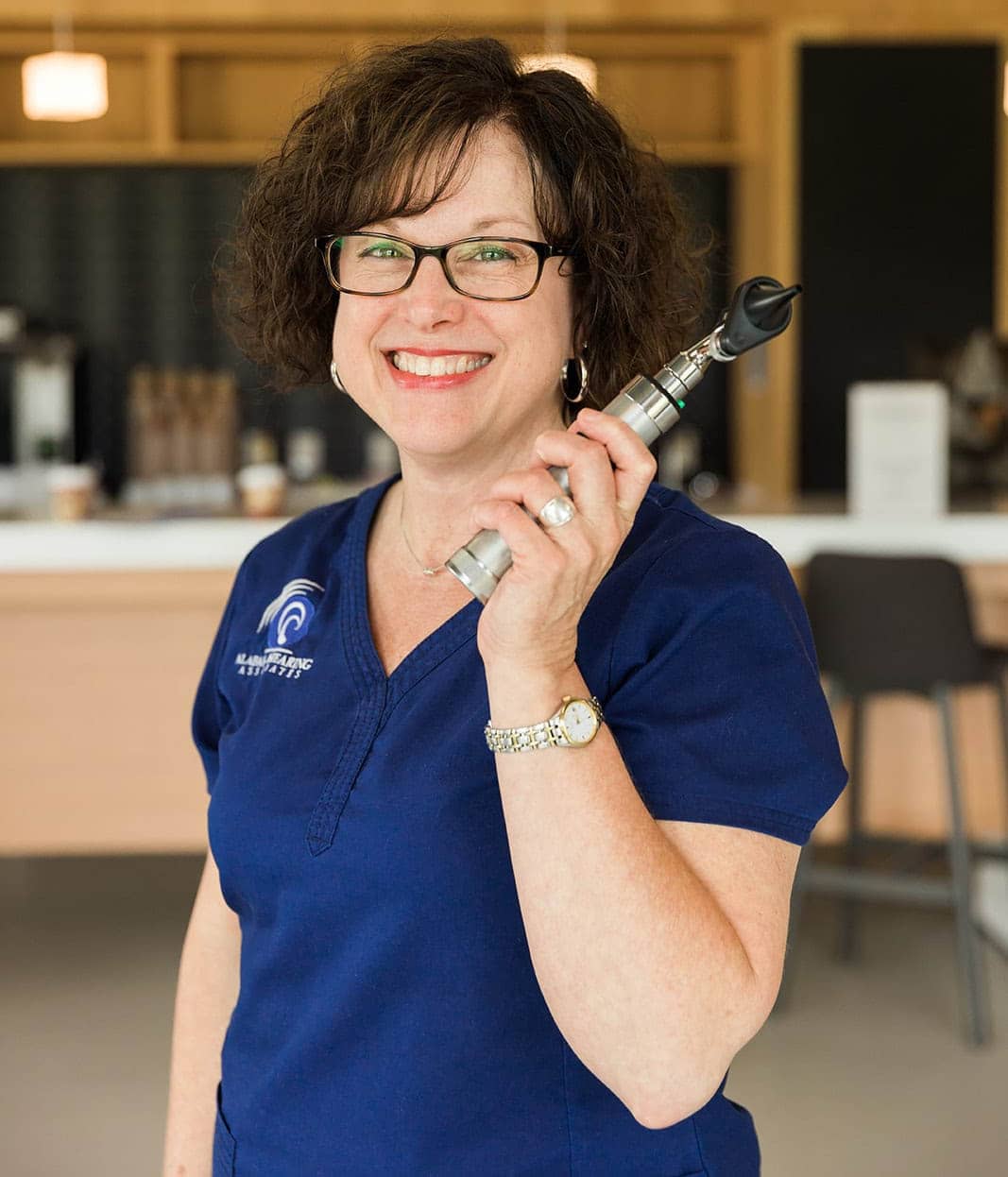For the next few weeks, we’re presenting a series of articles about the highly publicized and anticipated over-the-counter (OTC) hearing aids. Opinions from the audiology community may vary, with some opposed and others, like me, cautiously optimistic. Before anything else, we would like to enlighten you about prescription vs. over the counter hearing aids.
I hope OTC hearing aids will spur more people to seek help earlier when hearing loss is mild. I hope OTC hearing aids will provide an inexpensive, starter solution for mild hearing loss, much like OTC reading glasses. If you’re curious and want to learn more about OTC hearing aids, we hope you will find these articles informative and helpful.
Over-the-Counter (OTC) Hearing Aids and Consumer Protection
According to the National Institute on Deafness and Other Communicative Disorders,
“Hearing loss significantly affects quality of life for tens of millions of adults in the United States and contributes to high health care costs. Untreated hearing loss can lead to isolation, and it has been associated with serious conditions such as depression, anxiety, low self-esteem, dementia, reduced mobility, and falls. Yet only one in four adults who could benefit from hearing aids has ever used them. Making hearing health care more accessible and affordable is a public health priority, especially as the number of older adults in the U.S. continues to grow.”
The Over the Counter (OTC) Hearing Aid Act was signed into law in 2017, then sent to the FDA for regulations to protect the American consumer. The FDA’s task was to develop guidelines or rules for a new class of hearing aid available directly to consumers without the guidance of a licensed professional.
Target consumers are adults (18 years or older) with a “perceived mild to moderate hearing impairment.”
Many companies started to work on OTC hearing aids while waiting for FDA guidance. President Biden made an executive decision to have them released in the summer of 2021, but as of this writing in February 2022, the final FDA regulations have not been published.
We believe the FDA is nearing the end of its necessary research and deliberations, and OTC hearing aids should be a viable option for consumers sometime this year.
The proposed OTC rule, published in October 2021, states that the final rules should more clearly define “prescription hearing aids.”
In the past, the FDA only gave its stamp of approval to hearing aids prescribed, programmed, and fit by licensed professionals. With the advent of OTC hearing aids, a new term, “prescription hearing aids,” was born. Educating consumers about OTC and prescription hearing aids, the differences, the pros and cons, and the other healthcare variables at play will be an ongoing effort for us at Alabama Hearing Associates in the coming years.
Prescription VS. Over the Counter Hearing Aids: Which is better?
As an audiologist who has prescribed hearing aids for the past 30 years, I look forward to being a voice of calm, clear, and trustworthy advice.
The challenge for consumers will be to wade through the marketing hype to find help for their hearing. With years to perfect their shiny, eye-catching, compelling ads, hearing aid companies are all set to convince the masses that their OTC hearing aids are best.
In addition to the hearing aid propaganda, these companies will also be touting the fact that consumers can take charge of their own hearing care, bypassing the time and cost to see a professional.
If you have more questions about prescription vs. over the counter hearing aids, please call 256-319-4327, and one of our friendly team members will call you back shortly.
Stay tuned for more blogs about prescription vs. over the counter hearing aids.

